Google has formally released Android 9, the latest iteration of the mobile operating system, with the company's Pixel line among the first smartphones to be able to install the new software, with Google also revealing the Android version's name: Pie.
Android 9 will start to roll out to Google's Pixel smartphones starting today, as part of the first wave of devices that will be able to run the operating system. Smartphones that were included in the Android 9 beta program, including devices from Sony Mobile, Xiaomi, HMD Global, Oppo, Vivo, OnePLus, and Essential, are said to receive their own updates by the end of this fall.
A number of qualifying Android One devices will also receive an update, within the same timeframe as the beta smartphones. Google also states on the Android blog it is working with other hardware partners to either upgrade devices or launch new products running Android 9 this year.
Introduced in May during Google I/O, Android Pie adopts more machine learning technology than seen in previous versions, with an Adaptive Battery that helps change the priority of services based on usage to minimize power draw, and Adaptive Brightness to match the user's preferred settings over time.
The operating system's App Actions are a more obvious use of machine learning to users, with it attempting to predict what the user wants to do. For example, App Actions could bring up frequent contacts and most-used apps if it believes the user to be working, bring up navigational tools while in transit, or summon playlist links and music apps if headphones are connected.
The machine learning elements were advised during Google I/O to be performed on the user's device rather than being processed on Google's servers, in a bid to keep user data private.
Google has also moved to including gesture-based multitasking, as part of changes to how users navigate their devices. Users can switch between apps using gestures instead of buttons, while other elements have been simplified or made more intuitive.
For searches, Slices will bring up parts of apps within results. For example, a search for Lyft could bring up how far the nearest driver is from the user, as well as the prices and distances for commonly-visited locations.
In a similar move to Apple's digital health initiatives in iOS 12, Android Pie also includes "Digital Wellbeing" features, which advises how long apps have been used for each day, to nudge users to use their devices in a more constructive way. Daily time limits can also be set for app usage, with app icons greying out once a limit has been reached as a reminder to users to reduce their usage.
The Digital Wellbeing features will not be immediately available, launching fully in the fall, but Google is allowing Pixel owners to try them out in beta.
Google also claims Android 9 is more secure than previous versions, with an improved security model for biometrics and a hardened platform. Security improvements including TLS by Default and DNS over TLS are also added, to help improve privacy.
Despite today's launch, it is likely that most users will have a far longer wait than the fall before they see Android 9 on their devices, as vendors have to produce their own versions customized for their products. This has led to high fragmentation across the ecosystem and glacial adoption rates.
In April, it was revealed Android 8.0 and 8.1 Oreo, the previous major Android release, had only been installed on 4.6 percent of compatible devices since its release to the public in August 2017. At the time, over three quarters of Android devices used either version 7.x Nougat, 6.0 Marshmallow, or 5.x Lollipop.
 Malcolm Owen
Malcolm Owen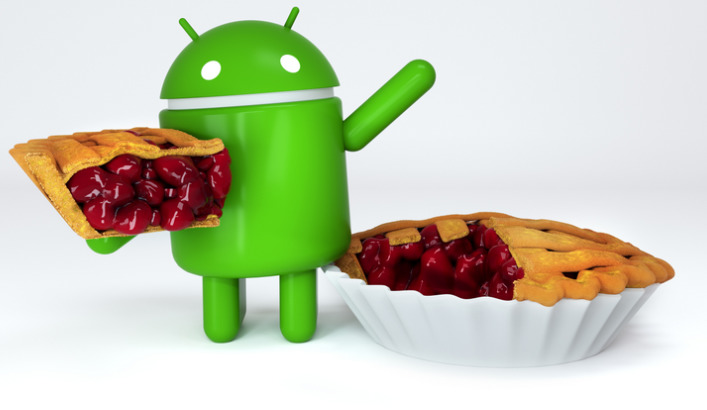
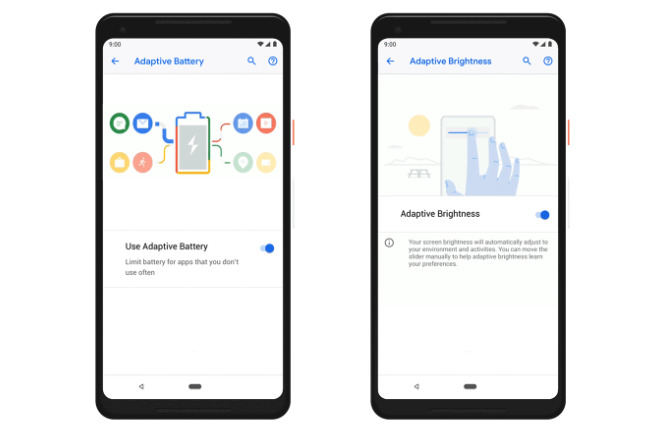
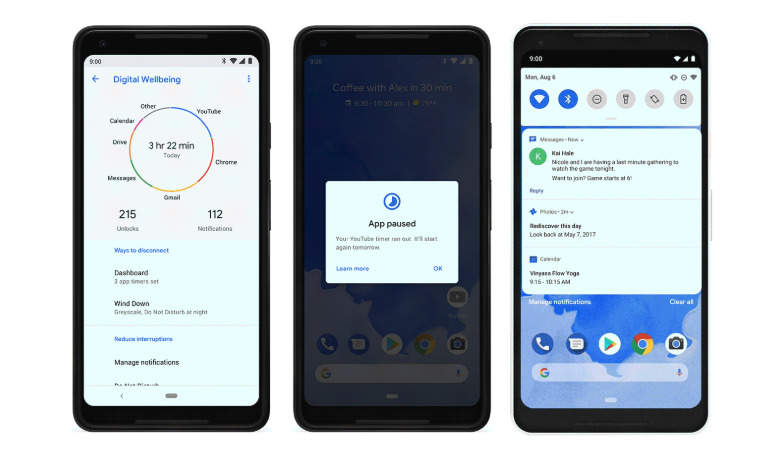













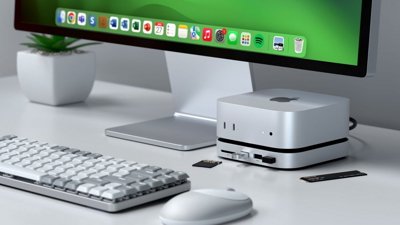
 William Gallagher
William Gallagher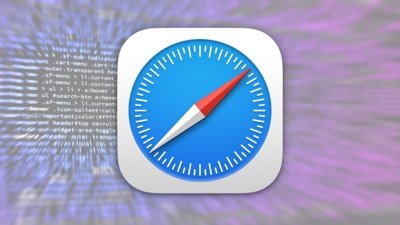


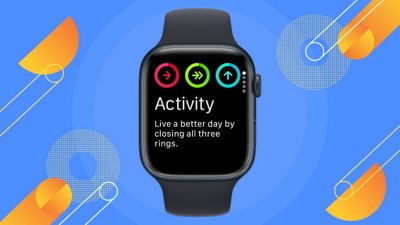
 Andrew Orr
Andrew Orr
 Christine McKee
Christine McKee
 Sponsored Content
Sponsored Content
 Wesley Hilliard
Wesley Hilliard








22 Comments
I have a couple Android tablet style devices, and they never get major updates because the HW creators don't care. This is one of the biggest downsides of Android! :(